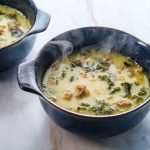Fish oil is rich in omega-3 fatty acids, which are essential for maintaining heart health, reducing inflammation, and supporting brain function. The primary types of omega-3 fatty acids found in fish oil are eicosapentaenoic acid (EPA) and docosahexaenoic acid (DHA). Here are some of the best food sources that are very high in fish oil:
1. Mackerel
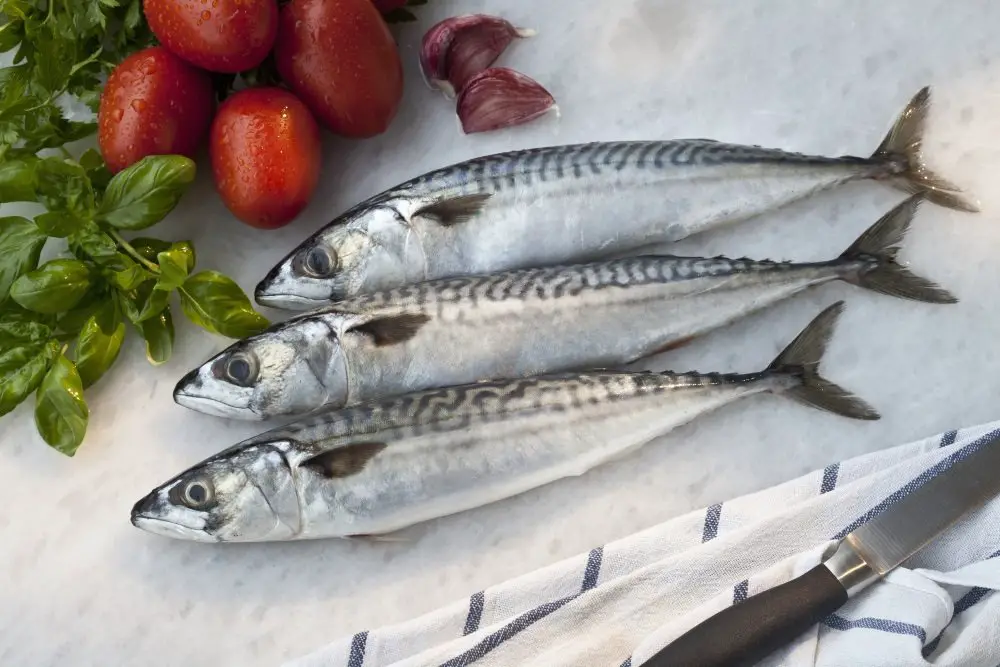
– Description: Mackerel is a small, fatty fish that is incredibly rich in omega-3 fatty acids.
– Omega-3 Content: Approximately 4,580 mg of omega-3s per 100 grams.
– Other Benefits: High in protein, vitamin B12, and selenium.
2. Salmon
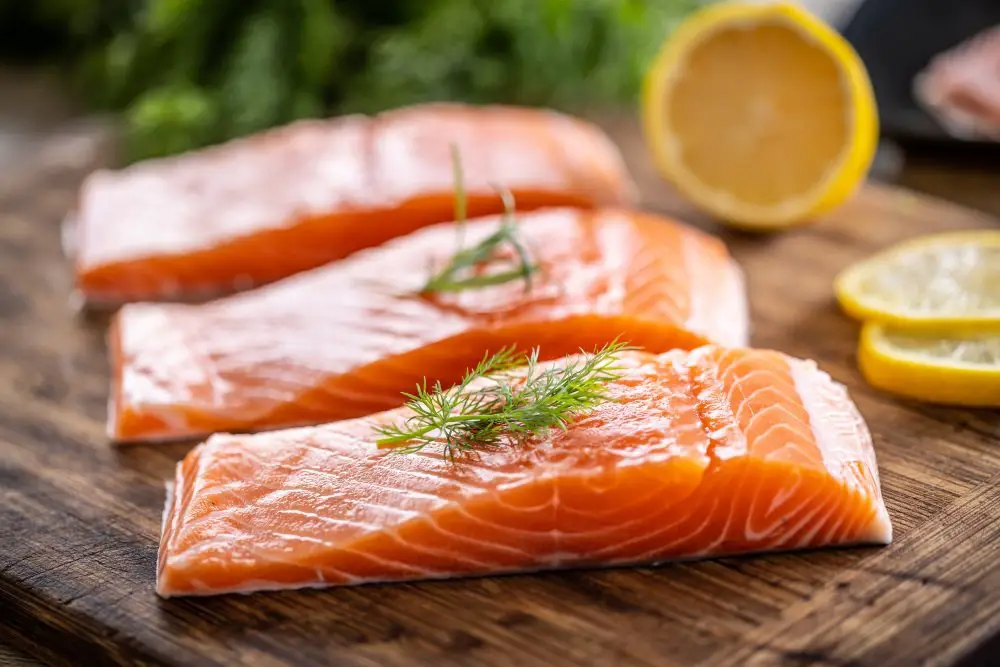
– Description: Salmon, especially wild-caught, is a popular fish known for its high omega-3 content.
– Omega-3 Content: Around 2,260 mg of omega-3s per 100 grams.
– Other Benefits: Rich in high-quality protein, vitamins D and B, and various minerals.
3. Sardines
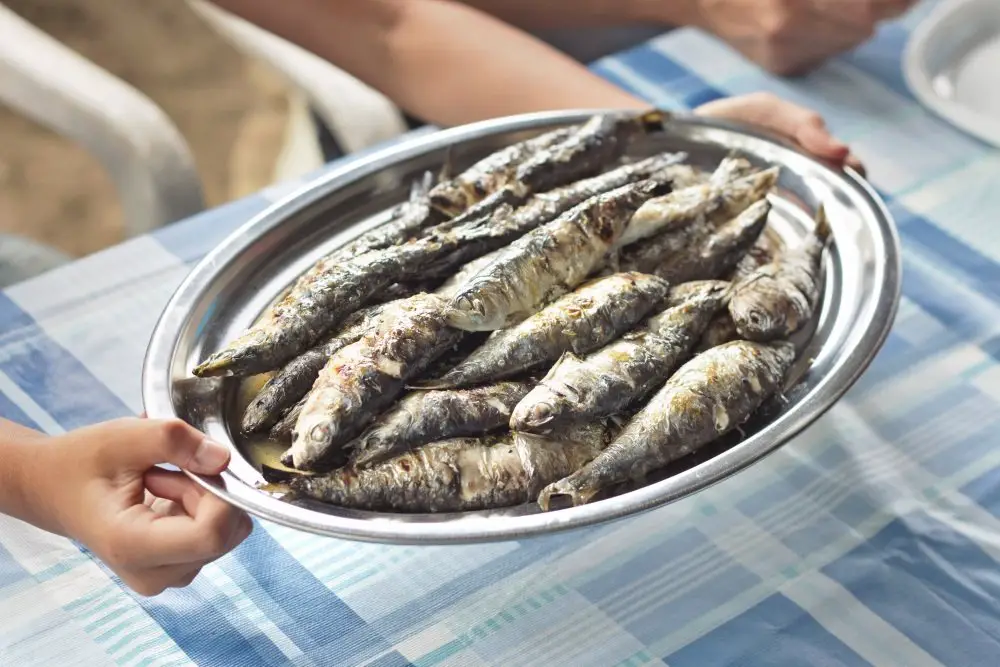
– Description: Sardines are small, oily fish that are often canned and are extremely nutritious.
– Omega-3 Content: Approximately 1,480 mg of omega-3s per 100 grams.
– Other Benefits: High in calcium, vitamin D, and B12.
4. Anchovies
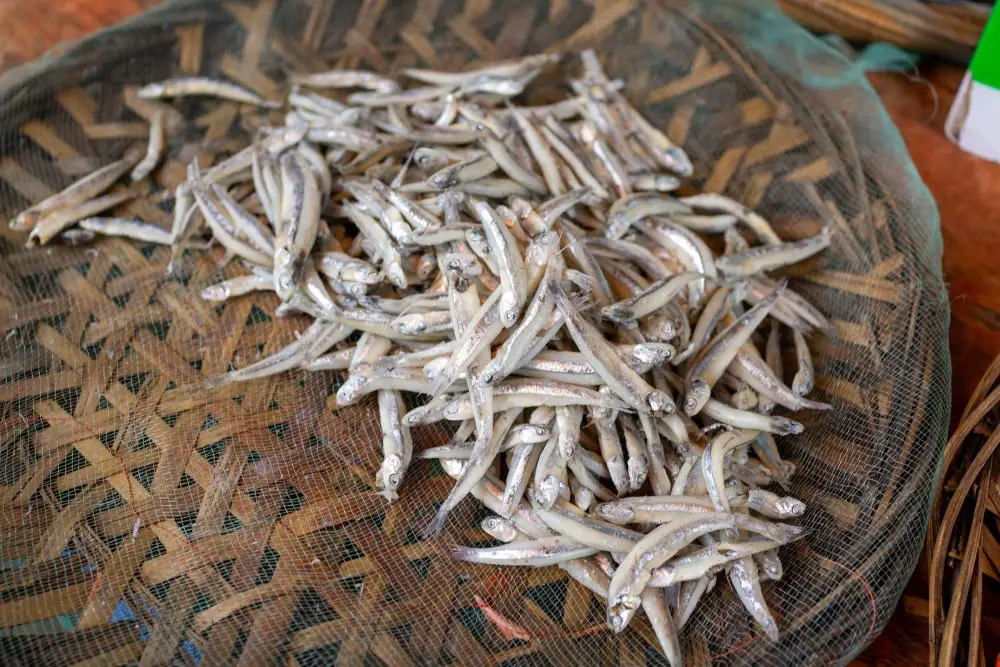
– Description: Anchovies are small, flavorful fish typically used in sauces, salads, and pizzas.
– Omega-3 Content: Around 2,113 mg of omega-3s per 100 grams.
– Other Benefits: High in protein, calcium, and niacin.
5. Herring
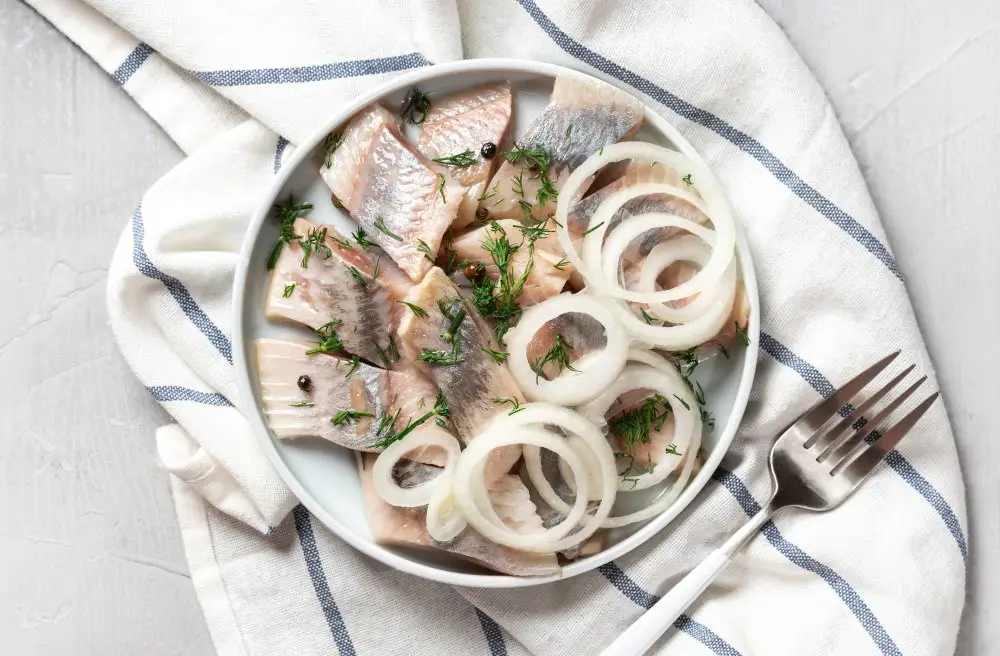
– Description: Herring is a fatty fish often smoked or pickled.
– Omega-3 Content: Approximately 2,366 mg of omega-3s per 100 grams.
– Other Benefits: Rich in vitamin D, selenium, and B vitamins.
6. Tuna (especially Albacore)

– Description: Tuna, particularly albacore tuna, is a good source of omega-3s, though other varieties also provide significant amounts.
– Omega-3 Content: About 1,414 mg of omega-3s per 100 grams.
– Other Benefits: High in protein, vitamin D, and selenium.
7. Trout

– Description: Trout, particularly rainbow trout, is another excellent source of omega-3s.
– Omega-3 Content: Approximately 2,000 mg of omega-3s per 100 grams.
– Other Benefits: High in protein, B vitamins, and minerals.
8. Cod Liver Oil
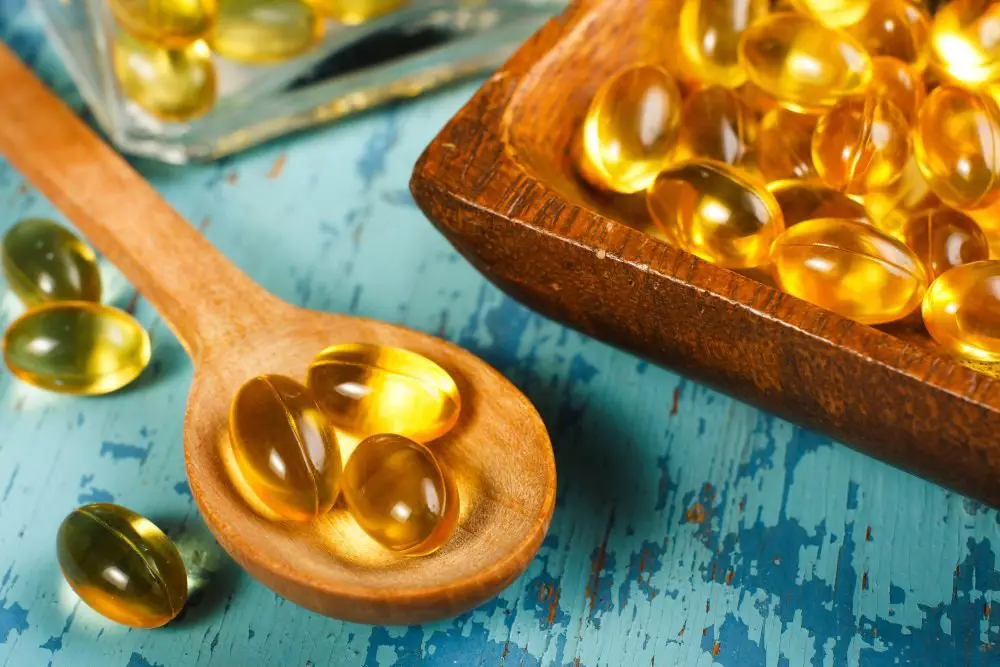
– Description: Although not a fish, cod liver oil is a supplement derived from the liver of codfish and is exceptionally high in omega-3s.
– Omega-3 Content: Around 2,664 mg of omega-3s per tablespoon (15 ml).
– Other Benefits: Extremely high in vitamins A and D.
9. Halibut
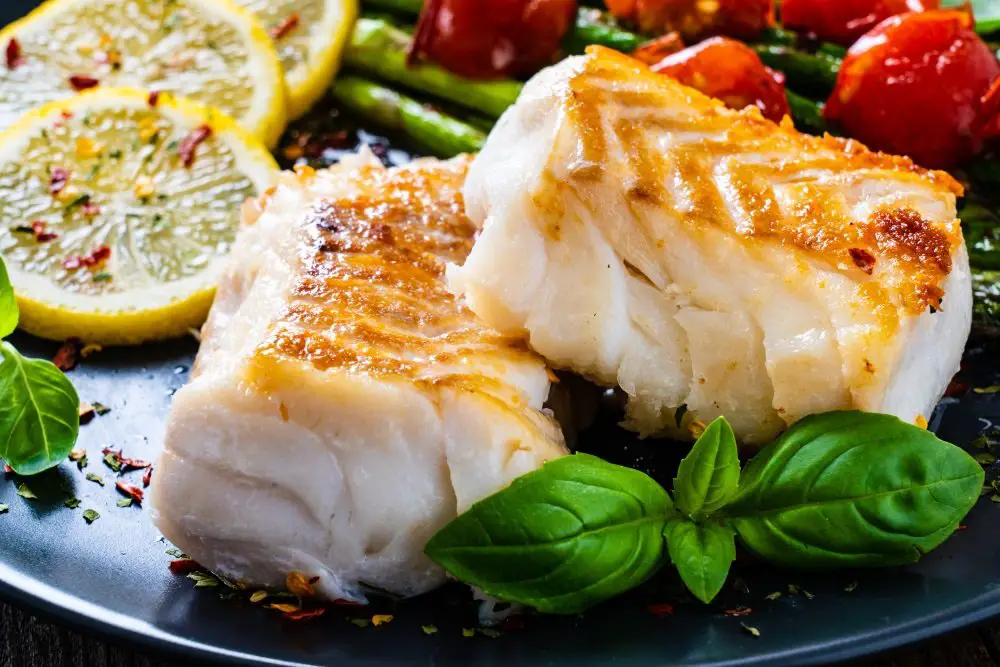
– Description: Halibut is a lean fish with moderate omega-3 content.
– Omega-3 Content: Approximately 740 mg of omega-3s per 100 grams.
– Other Benefits: Rich in protein, magnesium, and potassium.
10. Sea Bass

– Description: Sea bass, including both European and Chilean varieties, is another good source of omega-3s.
– Omega-3 Content: About 470 mg of omega-3s per 100 grams.
– Other Benefits: High in protein and selenium.
Conclusion
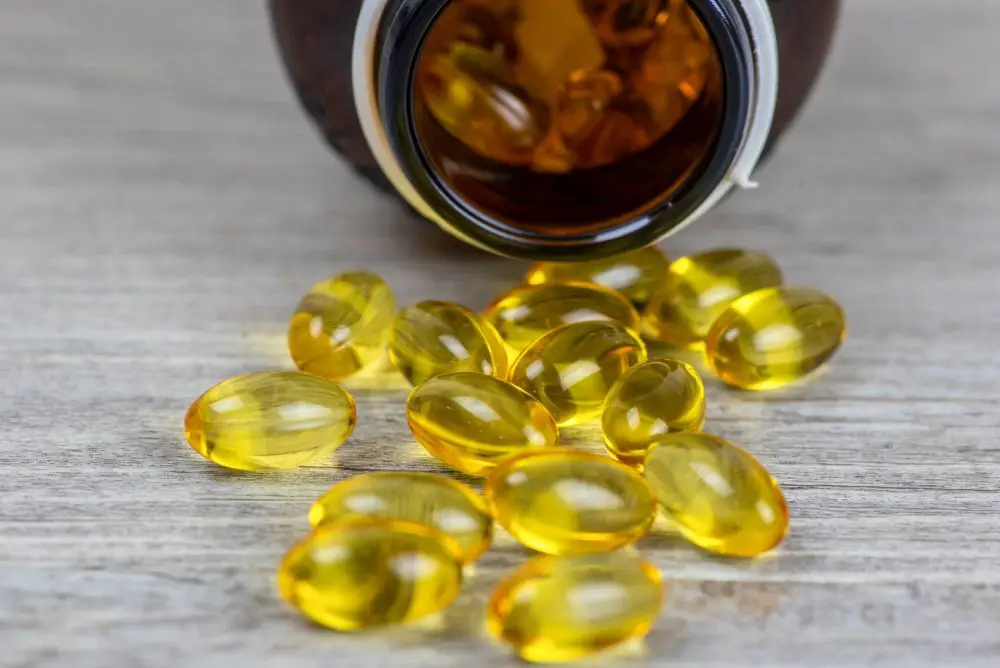
Including these fish in your diet can significantly boost your intake of omega-3 fatty acids, contributing to better heart health, improved brain function, and reduced inflammation. Always aim for wild-caught varieties when possible, as they tend to have higher levels of omega-3s and fewer contaminants compared to farmed fish. If you have dietary restrictions or do not consume fish, omega-3 supplements such as fish oil capsules or algae oil (for vegetarians/vegans) are good alternatives.





